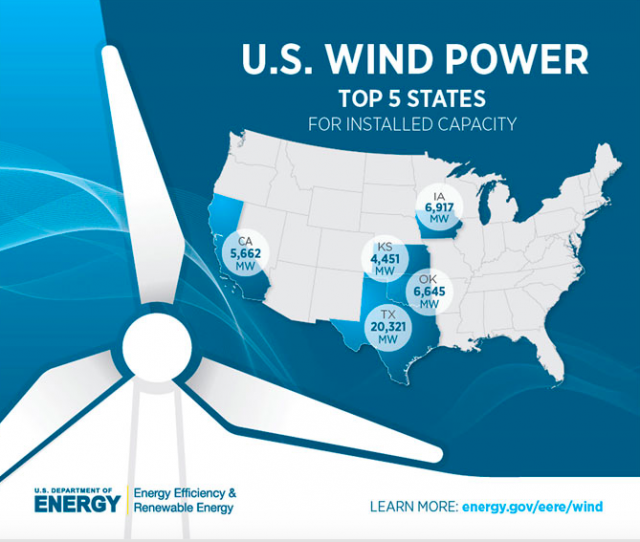NEWS Yale Climate Connections: Wind and solar key in 21st century energy economy
For the article and video, click here.
Economics, technology, and global public opinion are driving the surge in wind and solar renewable energy resources, with changes developing at a pace few had anticipated.
A “revolution” in use of renewable energy is embracing not only the electrical sector, but also, and increasingly, the transportation sector, the current Yale Climate Connection video points out.
The video portrays a range of energy experts pointing to the surge in wind and solar use – fueled by decreasing costs, improving technology, and global civil concerns over air pollution and adverse health effects. Experts point to impressive growth of renewable energy not only in China, India, and western Europe, but also in politically conservative states in “the heart of the country,” says long-time journalist Keith Schneider, senior editor with Circle of Blue.
“You cannot out-source solar and wind investments the way you can with natural gas or oil that might go off-shore,” says Dan Kammen, energy professor at Stanford University. The video shows footage of General Motors and Royal Dutch Shell executives singing the praises of renewables.
“The next buy I do is my next car, which will be an electric vehicle,” says Royal Dutch Shell CEO Ben van Beurnden. “We need to be at a much higher degree of electric vehicle penetration.”
The video points to Volvo plans to phase out “conventional engines” by 2019. The Rocky Mountain Institute’s Amory Lovins points to aggressive renewable energy plans by India, Germany, and Holland over the next two-and-a-half decades. Experts point to plans by the United Kingdom and France to ban sales of gas and diesel engines by 1940 and to growth of wind and solar energy across the U.S. Midwest.
In looking at the post-Paris climate agreement outlook, the video explores implications of the Trump administration’s withdraw from the Paris agreement. It delves into impacts on climate change, but also on likely impacts of a declining U.S. role in international diplomacy. “Problematic,” says Andrew Hoffman of the University of Michigan, adding that China and other countries are taking the approach that “if you don’t want to lead, then we’ll lead.”
Kammen sees U.S. companies increasingly being at a “very significant economic disadvantage” with no fixed price on carbon.
New video explores ‘revolution’ in use of #RenewableEnergy. CLICK TO TWEET
Schneider, a former environmental reporter with the New York Times, says he fears the U.S. has ceded its leadership responsibility in the coming clean-energy economy, which Hoffman says is unquestionably the market of the future. Schneider says his concerns especially involve the U.S.’s walking away from being “a big part, should be the leading part” of the 21st century global economy.

You must be logged in to post a comment.